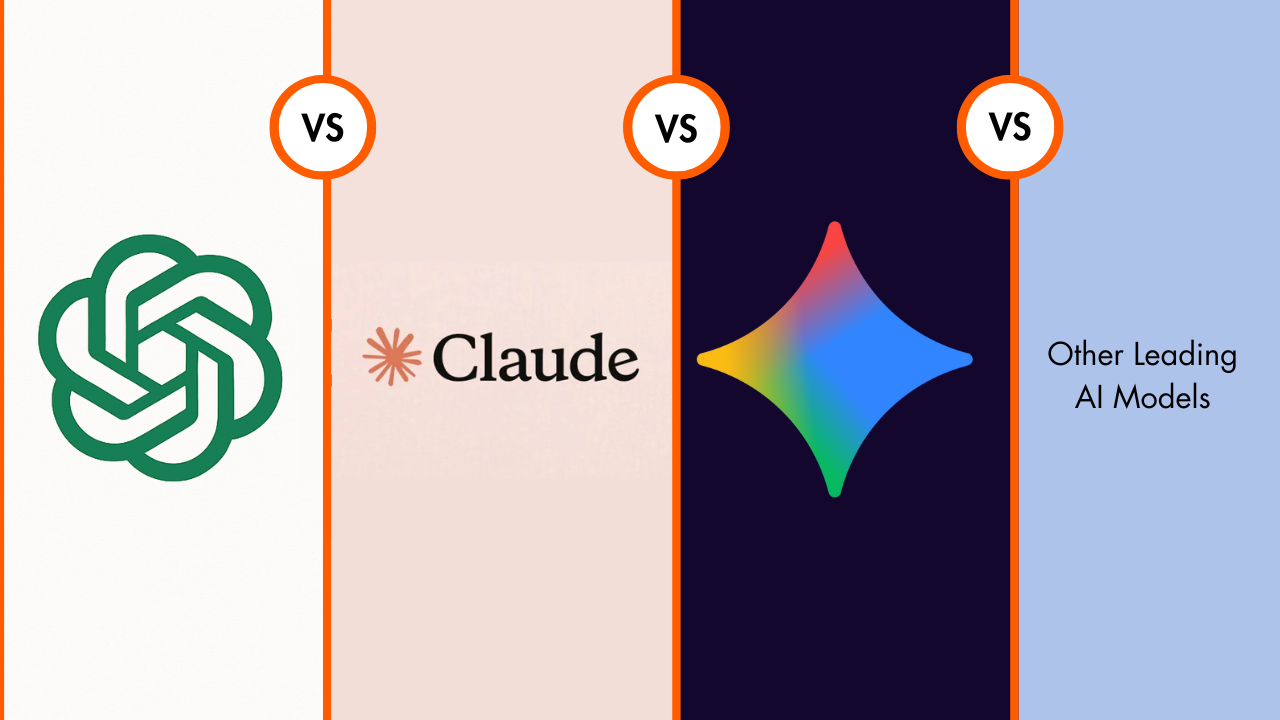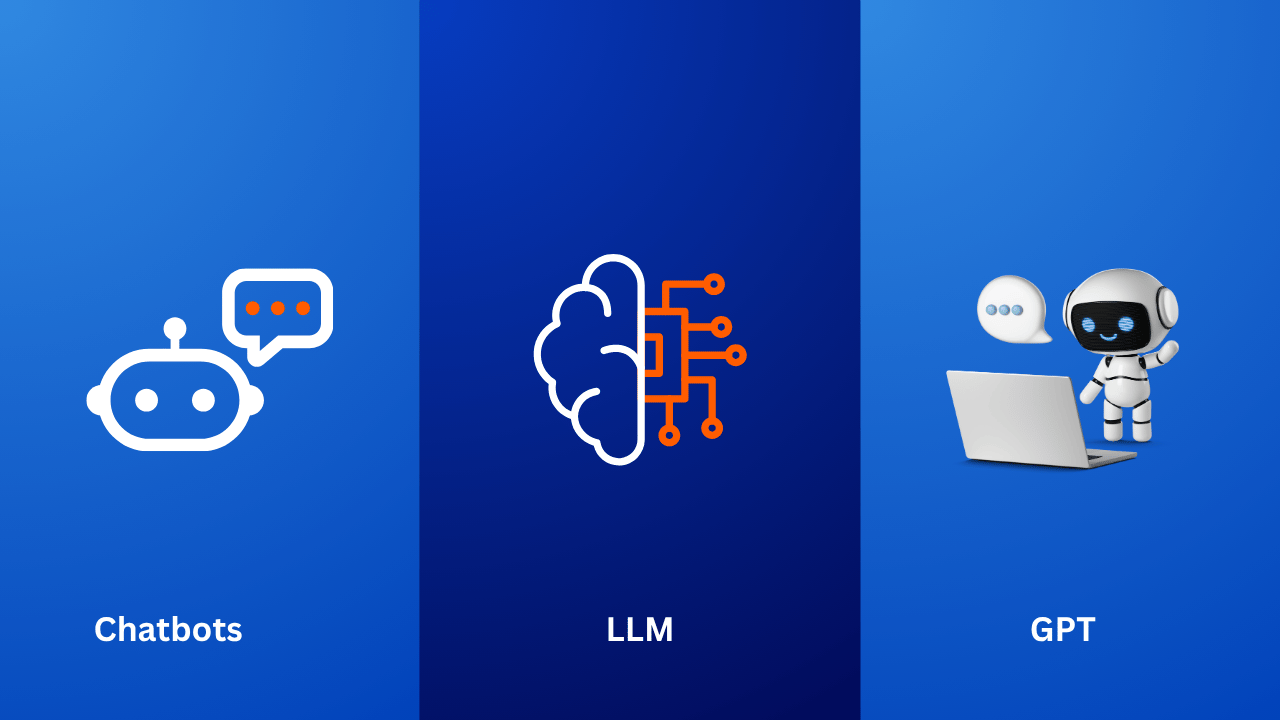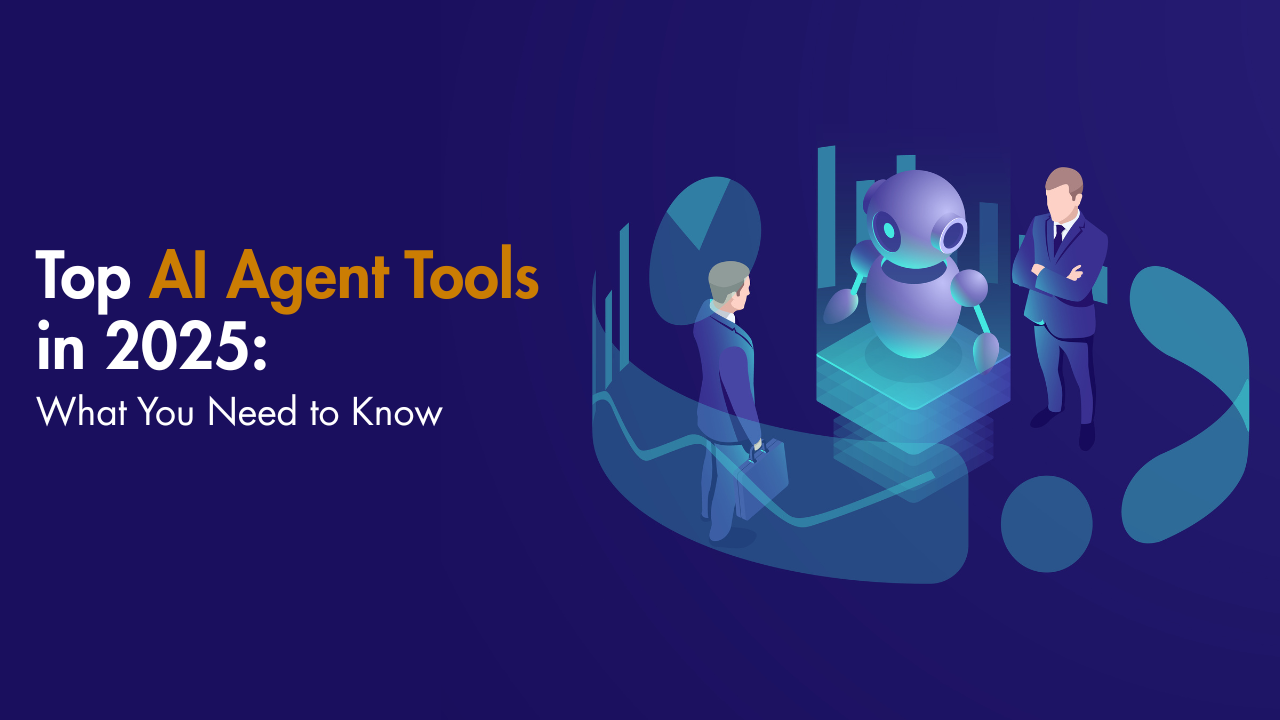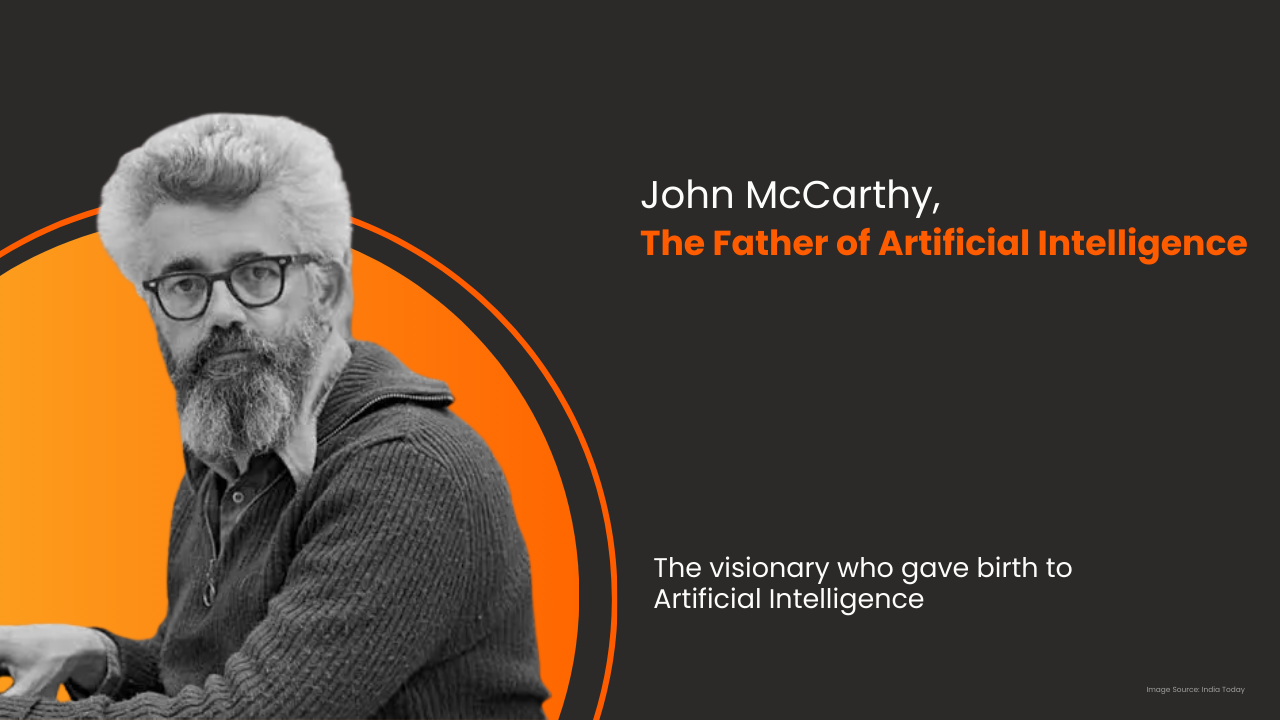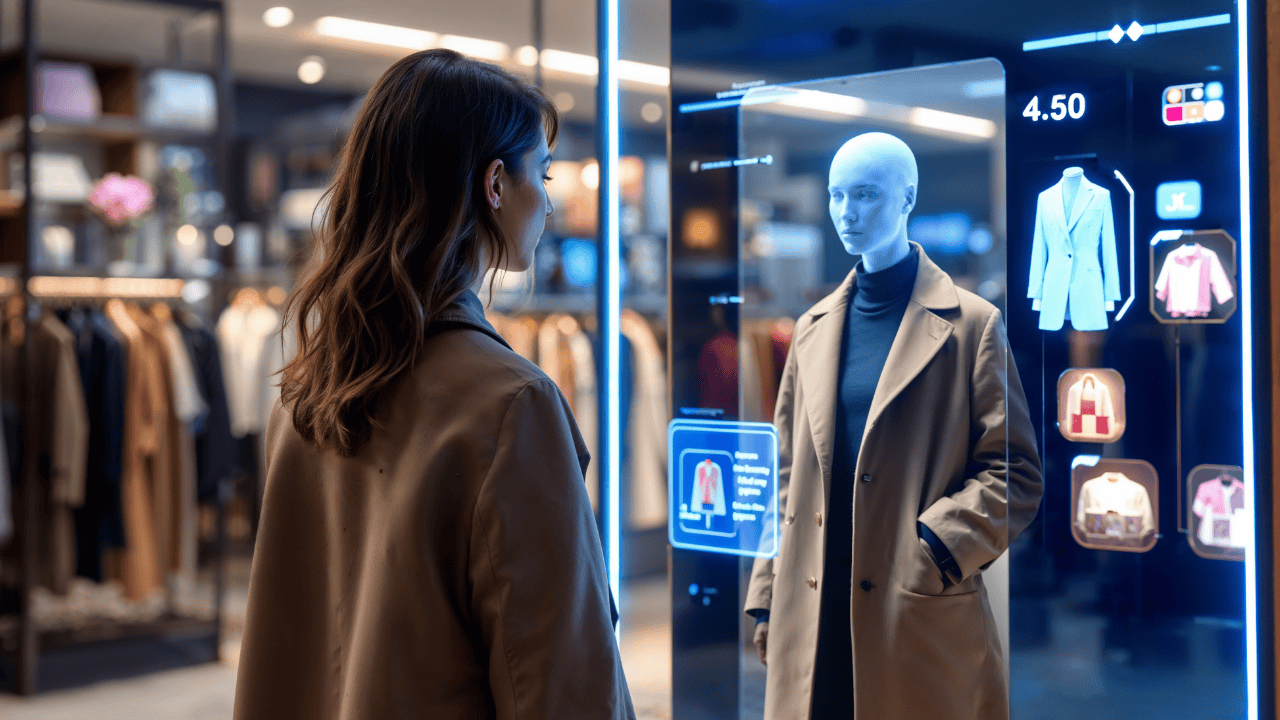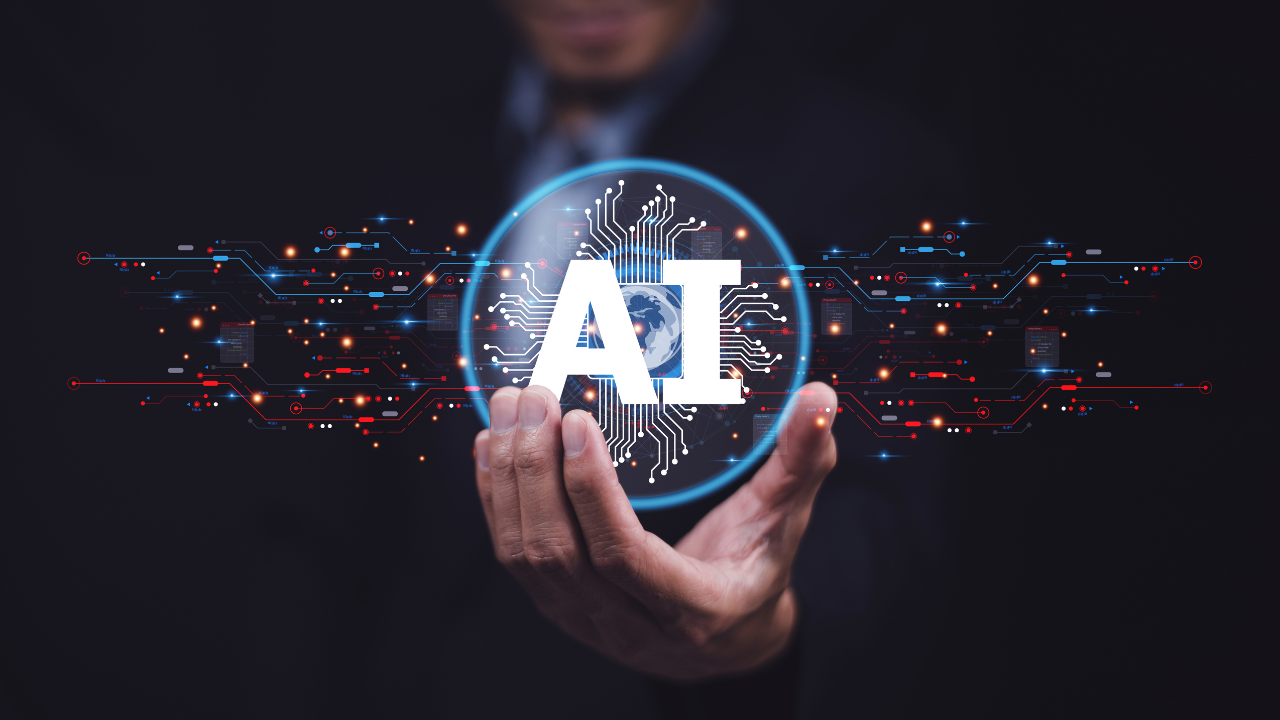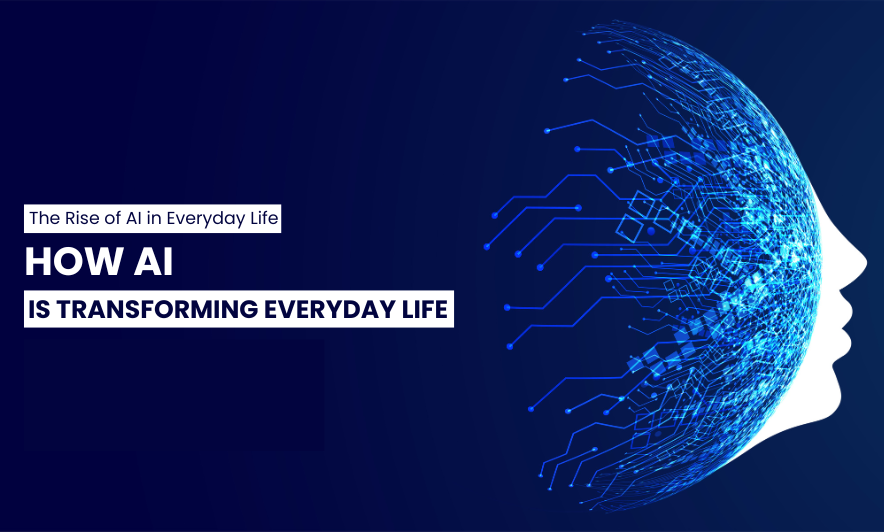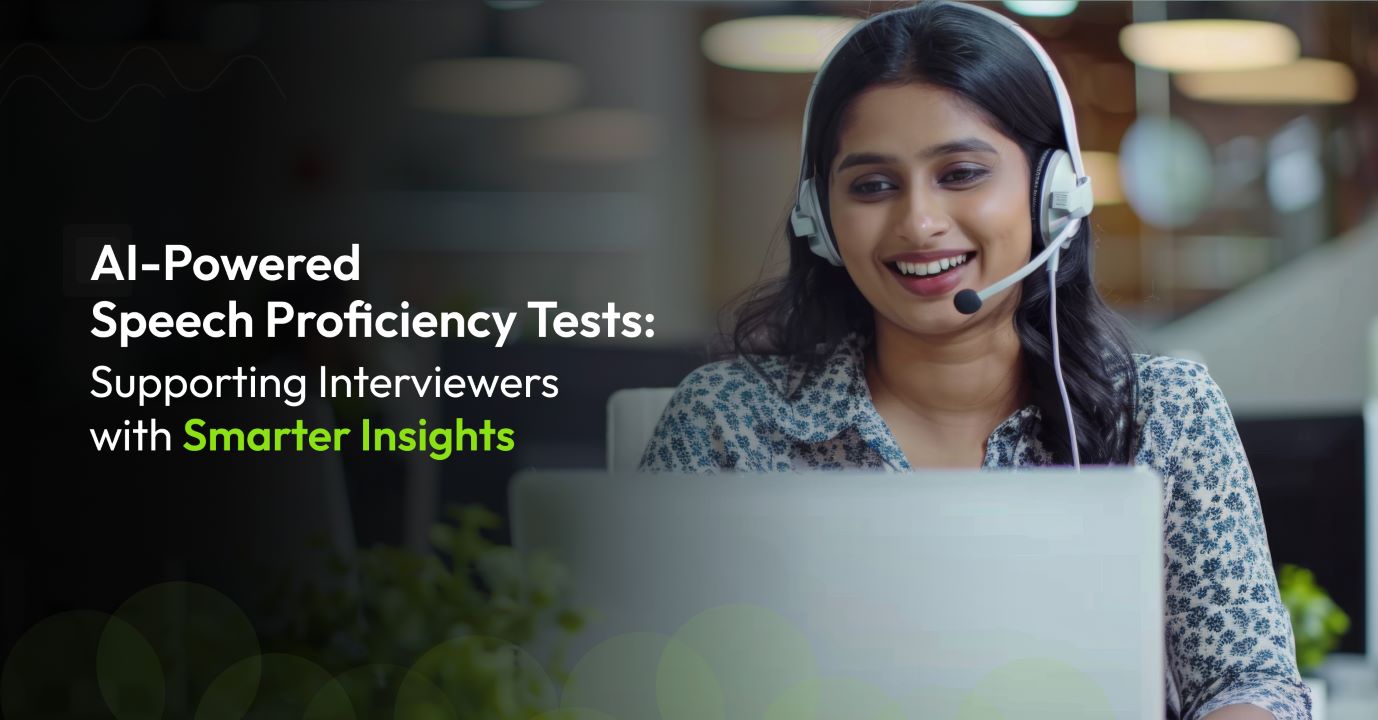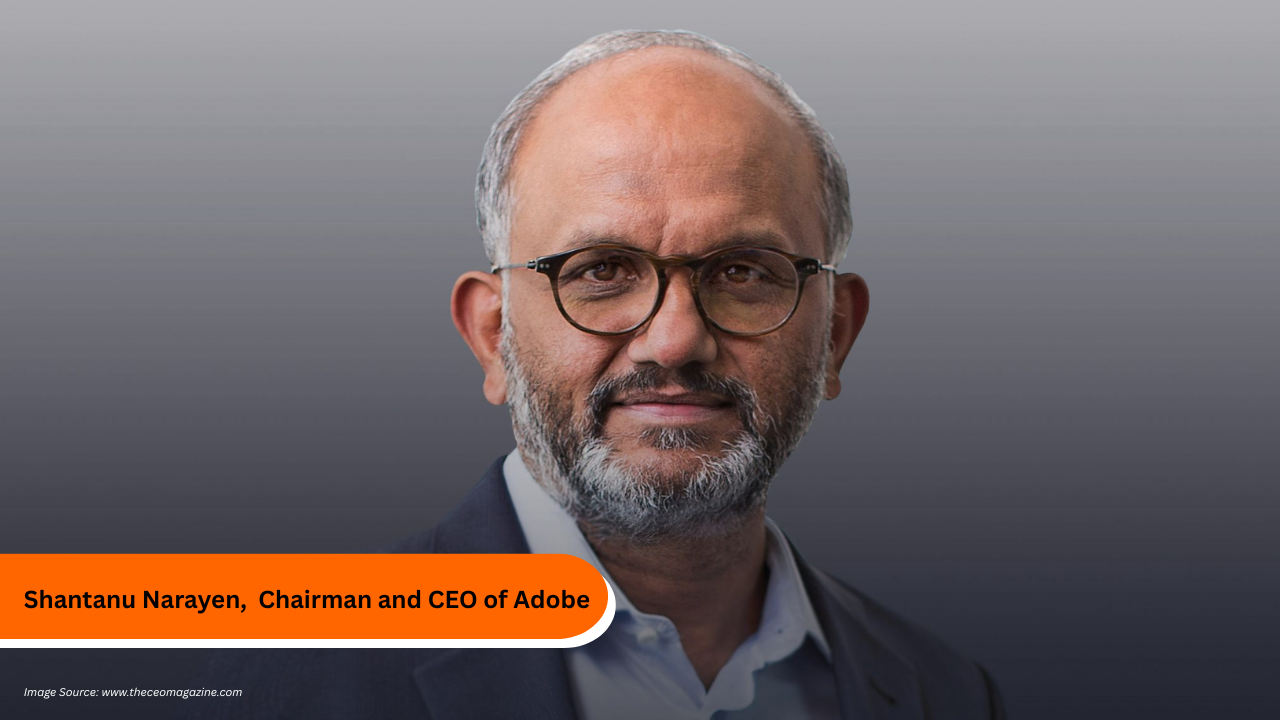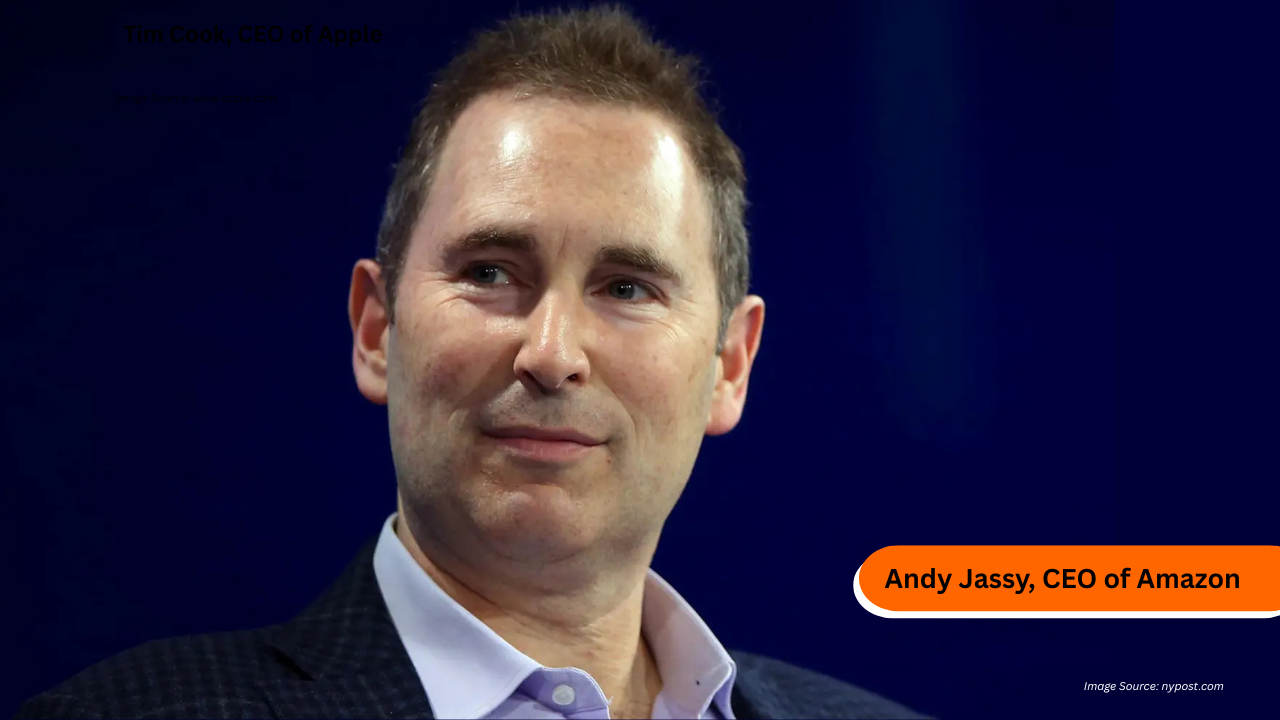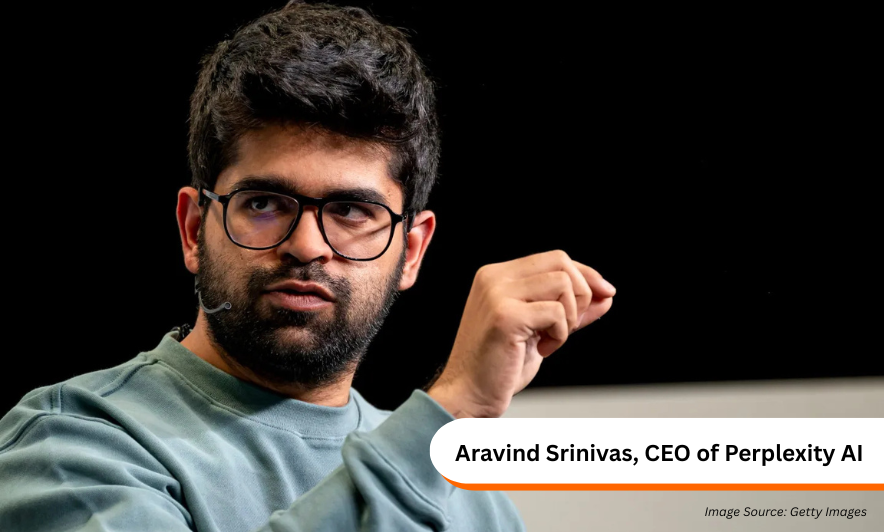A detailed comparison of ChatGPT, Claude, Gemini, and other leading AI models—covering creativity, multimodality, accuracy, safety, memory, integrations, use cases, pricing, limitations, and how to choose the right AI model for your needs in 2025.
As AI models evolve rapidly, choosing the right one for your needs, whether for content creation, research, enterprise tools, or just personal productivity, is more complex than ever. Below, I break down key aspects of ChatGPT (OpenAI), Claude (Anthropic), Gemini (Google), and a few others in the landscape, comparing strengths, weaknesses, and ideal use cases.
What to Look for in AI Models
Before jumping into comparisons, here are some criteria to evaluate:
- Multimodality: Ability to handle inputs/outputs in
more than just text, but also images, audio, video, etc.
- Context / Memory: How well the model remembers
earlier parts of a conversation, or preferences over time.
- Accuracy & Safety: Minimizing hallucinations,
bias, and reliability, especially for enterprise / sensitive content.
- Speed & Efficiency: Response time, cost,
compute requirements.
- UX & Integrations: How easily it integrates
with tools you use (APIs, productivity tools, workplace apps).
- Pricing & Accessibility: Free vs premium tiers;
limitations on usage or context window.
Overview of Key Models
Here’s a quick snapshot of the models we’ll
compare.
|
ChatGPT
(OpenAI) |
OpenAI |
Yes
(especially with newer versions like GPT-4 variants) |
Strong
text generation, wide adoption, extensive plugin/ecosystem; good balance
between creativity & reasoning. |
|
Claude |
Anthropic |
Yes
/ improving |
Emphasis
on safety, “file tools” (docs, spreadsheets editing, etc.), memory / project
continuity, clarity of outputs. |
|
Gemini |
Google
DeepMind / Google AI |
Yes
(text, image, audio) |
Deep
integration with Google’s search, large context windows, better multimodal
features; features like audio uploads and summaries. |
Head-to-Head
Comparisons: Strengths & Weaknesses
Here’s how these models compare in different
dimensions.
|
Creativity
& Natural Language Generation |
Very
strong. Good in creative writing, storytelling, conversational tone.
Extensively used for content, writing, chat-like interactions. |
Also
good, perhaps with a more measured tone. Claude tends to emphasize clarity,
structure, lower risk of "going off track." |
Good
creativity, especially when multimodal inputs are involved. Google’s strength
in search and knowledge helps in generating content grounded in newer info. |
|
Context
Window / Memory |
Newer
versions have expanded context windows; remembers earlier conversation parts. |
Memory
/ project continuity features are getting stronger. Claude has rolled out
memory features for teams. |
Gemini
has large context windows (depending on variant) and multimodal inputs, plus
features like memory/private chats. |
|
Multimodal
Input / Handling (Images, Audio, Video, etc.) |
Strong,
especially with plugins or specific API versions. |
Growing.
Tools like Claude’s file tools let you feed structured data or documents. |
Very
strong. Gemini is designed as a multimodal model; new features like audio
upload/transcription, video/image inputs. |
|
Safety
/ Reliability / Hallucination Risk |
Generally
good; well-tested; strong ecosystem and tools for moderation. But still,
there are some risks especially in edge cases. |
Designed
with safety as core; tends to be more conservative in responses, reduces
risky content. |
Google
tends to include large amounts of training and evaluation; strong backing.
But also risk when pulling from live or external sources. |
|
Integration
& Tooling |
Strong
plugin ecosystems; many third-party tools, APIs; good support. |
Flexible
file editing, structured document interaction; good for workflows. |
Deep
integration with Google’s environment: search, Workspace, etc. Very useful if
you already use Google products. |
|
Pricing
& Access |
Free
tier and paid options; usage limits for free; premium gets more features. |
Tiered
offerings; free may have limits; paid / enterprise gives extras like memory,
project features. |
Similar:
free vs premium; certain features (e.g. large audio uploads, very large
context windows) may cost or be limited. |
Use Cases: Which Model for Which Scenario
Depending on what you’re trying to do, one model
may be clearly better than others.
|
Content
Creation / Creative Writing |
ChatGPT
(for tone, richness, flexibility), Claude (for clarity & structure) |
|
Research
/ Factual Queries |
Gemini
(due to Google's access to updated info), ChatGPT (with recent data or
plugged-in tools) |
|
Multimedia
Tasks (Images, Audio, etc.) |
Gemini
often, plus Claude for structured files; newer ChatGPT models also do well
with multimodal workflows. |
|
Safe
/ Regulated Use Cases (legal, healthcare, etc.) |
Claude
likely best choice because of how safety & reliability are emphasized;
ChatGPT also good with oversight. |
|
Workflow
/ Document-centric Tasks (presentations, spreadsheets, summarizing reports) |
Claude’s
file tools are strong; ChatGPT too with appropriate plugins; Gemini may offer
good support depending on ecosystem. |
|
Casual
/ Everyday Use |
ChatGPT
remains very usable, Gemini provides good flexibility, Claude perhaps less
flamboyant but solid. |
What’s New & Emerging
Here are some of the recent or upcoming features
that differ between these models and change the comparison landscape.
- Audio Processing Improvements: Gemini recently
added improved audio upload and summarization.
- Memory & “Project” Features: Claude’s memory
features (project / team memory) for retaining context with clients or
recurring tasks.
- Document / File Editing by Natural Language: Claude
is enhancing its ability to edit docs, spreadsheets, and slides based purely on
language instructions.
- Larger Context Windows: Gemini’s 1.5/2.5 series
emphasizes large context windows to handle longer conversations / documents.
ChatGPT is doing similar expansions.
Limitations & Things to Watch Out For
None of these models are perfect; depending on your
requirements, you’ll likely need to combine or adapt tools.
- Hallucinations / Factual Errors: Large models still
occasionally generate incorrect or misleading content. Always verify when
accuracy matters.
- Prompt Sensitivity: Results vary significantly
depending on how you prompt. Good prompting strategy matters.
- Cost & Usage Limits: Premium features (large
context, memory, multimodal input, etc.) often come at extra cost or usage
quotas.
- Privacy / Data Security: Memory features raise
concerns about how data is stored and used. Must check vendor policies.
- Latency / Speed for Large Tasks: Very large context
windows or multimodal processing can be slower or more resource intensive.
How To Choose: Practical Advice for Businesses and Users
Here are some guidelines to pick the right model
depending on your needs.
- Define your primary requirement: Creative writing
vs research vs document workflows vs multimedia vs safety.
- Trial with your specific tasks: Do some
side-by-side tests with your actual content to see which fits the tone,
accuracy, and speed.
- Check integration with existing tools: If you're
already using Google Workspace, Gemini may integrate more smoothly; if you rely
on plugins, ChatGPT might have more.
- Consider long-term costs and scale: Beyond free
tiers, see what pricing looks like when usage scales.
- Plan for oversight & ethics: If using for
business, ensure safeguards are in place (review, privacy, data policies).
Final Thoughts
ChatGPT, Claude, and Gemini are each excellent
models, and in many everyday tasks, you might not notice a huge difference. But
depending on what you value most, like creativity, factual reliability, safety,
integration with your tools, or multimodal power, one will likely serve your
needs better.
As 2025 progresses, the gaps are shrinking: models
are becoming more capable and rich in features. The real differentiators now
often lie in usability, how they fit into your workflow, and how they handle
things like memory, safety, and multimodality.

